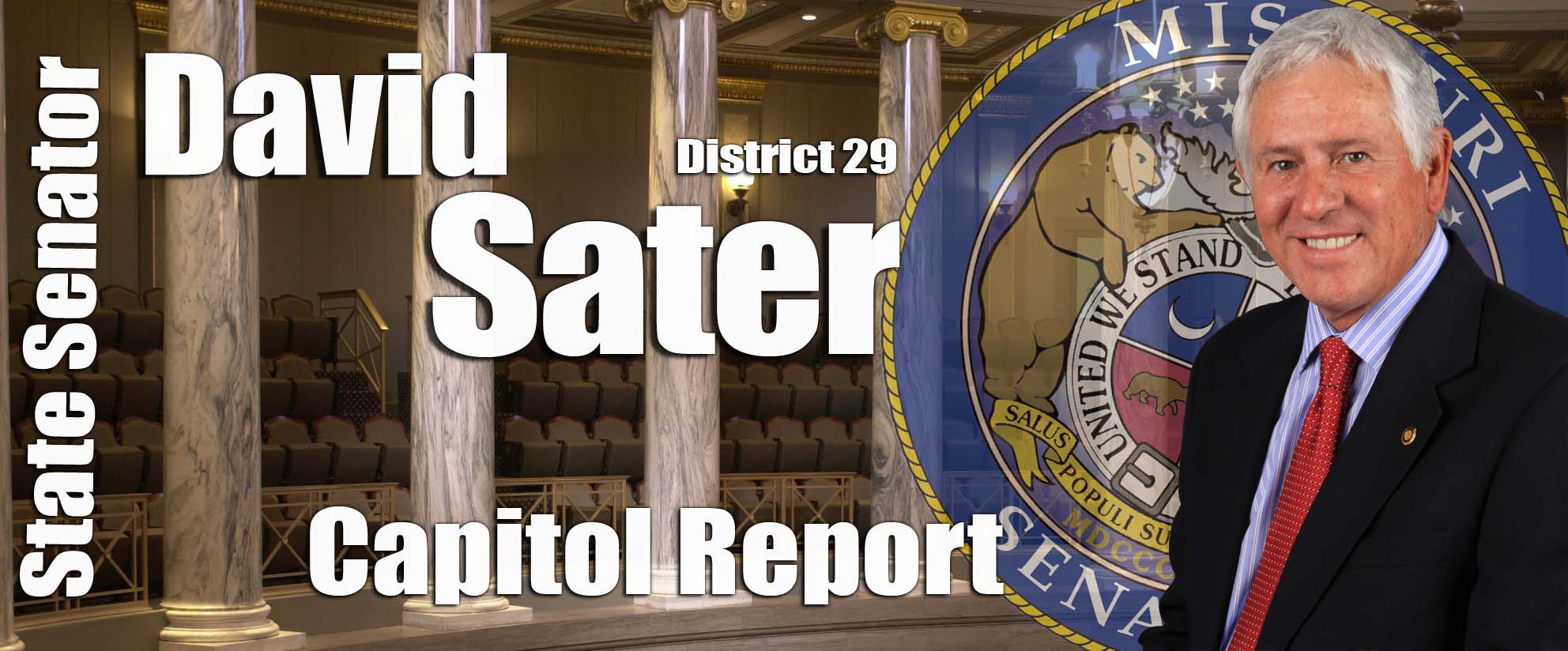JEFFERSON CITY — This week marked the culmination of years of hard work and determination for many Missouri citizens and lawmakers. At events in Springfield, Poplar Bluff and Jefferson City, Gov. Greitens signed Senate Bill 19, thereby making Missouri the 28th Right to Work state in the country.
For those not familiar with Right to Work, it would essentially prevent employers from requiring employees to become a member of a labor union or pay dues required of labor organization members as a condition of employment. Misunderstood and often intentionally misrepresented, Right to Work does not affect a union’s ability to organize or collectively bargain and it has nothing to do with the relationship between an employer and a union. Instead, it is about the relationship between unions and workers. From where I stand, no one should be prevented from joining a union if they choose and, conversely, no one should be forced to join a union just to hold a job. Simply put, Right to Work is about worker freedom.
In addition to providing workers with freedom of choice, Right to Work is an economic development tool. It signals to employers that Missouri is serious about creating the right environment for job creation and economic growth, and the experiences of other Right to Work states highlights this point. According to U.S. Census Bureau statistics, in the first decade of the 2000s, more than 5 million people moved into Right to Work states from non-Right to Work states and those Right to Work states have 4.1 percent higher per-capita personal incomes and have added about 2 million jobs to their payrolls since the beginning of the century. At the same time, non-Right to Work states lost 2 million jobs. Private employment is growing at a faster rate and unemployment is lower in Right to Work states than non-Right to Work states. Right to Work is also strongly supported by the American people. A recent Gallup poll found that Americans support Right to Work laws by a margin of 71-22 percent— better than 3-to-1. Polling also shows that union members themselves support voluntary dues by an 80-17 percent margin.
The success of Right to Work states shows Missouri is missing out on our share of job growth and wage growth and all the economic benefits that come with it. One of my goals when I ran for the Senate was to help get Missourians back to work and to get our state economy jump-started. Right to Work is an important tool in making that happen.
Another tool to encourage economic growth is reforming project labor agreements. Project labor agreements are essentially state-mandated arrangements between contractors and unions in which local entities such as municipalities and school districts are required to enter into collective bargaining with unions. This applies to contractors whether they normally hire union workers or not.
What project labor agreements really end up doing is driving up the cost of construction by effectively excluding non-union contractors and their skilled employees from taxpayer-funded building projects. These projects often include unreasonable terms and conditions in order to limit fair bidding competition, thereby driving up the cost to local taxpayers when the project could be done just as well and for a more competitive price. Ultimately, project labor agreements hurt workers because they end up paying more dues and fees rather than putting that money into their own pockets. The Missouri Senate spent the bulk of the last week debating Senate Bill 182 to reform this system and ultimately approved it.
These are the first in a series of changes to Missouri law intended to spur economic development, improve Missouri’s business climate and signal to employers and job creators that Missouri is ready and open for business. This is an important time for our state. We should seize the moment and put Missouri on a path to prosperity and growth.
As always, I welcome your ideas, questions and concerns about Missouri government. You may contact me at the State Capitol as follows: (573) 751-1480, david.sater@senate.mo.govor by writing to Sen. David Sater, Missouri State Capitol, Room 416, Jefferson City, MO 65101.

